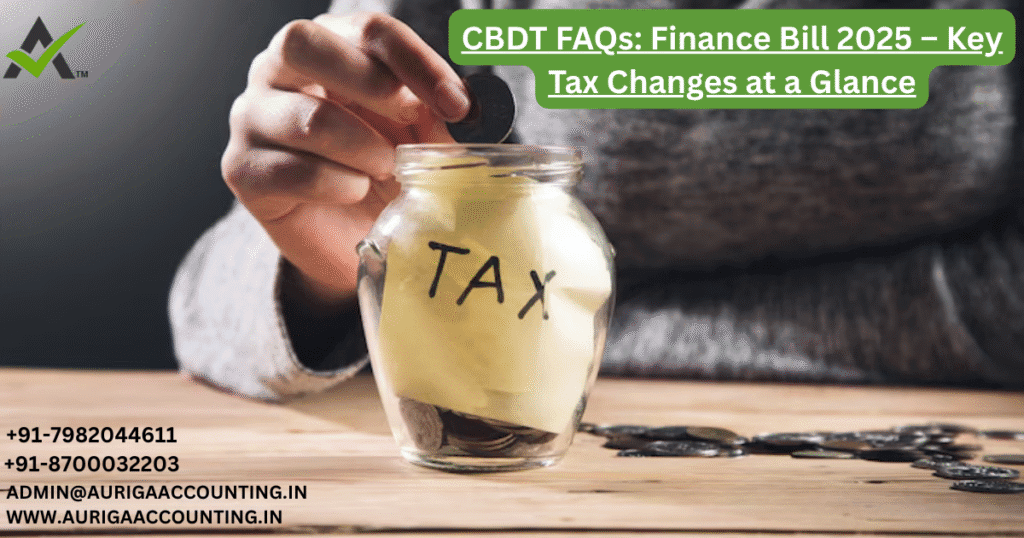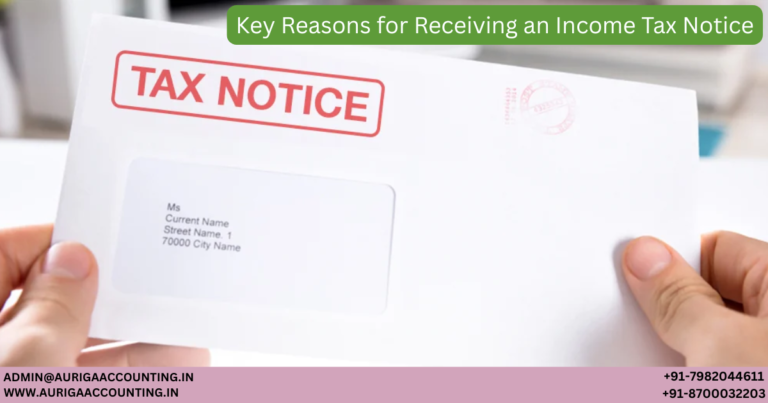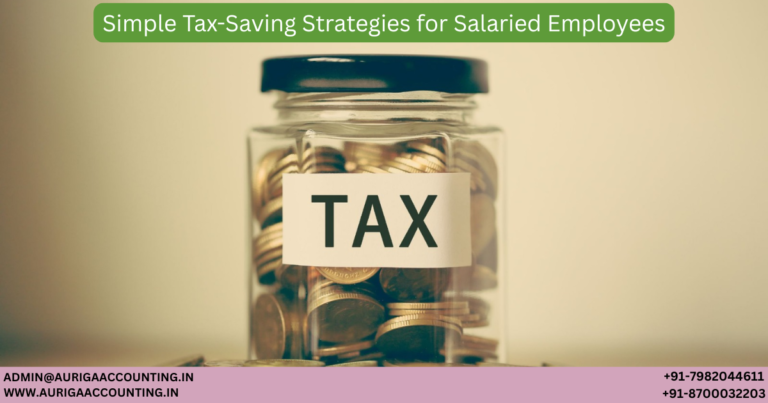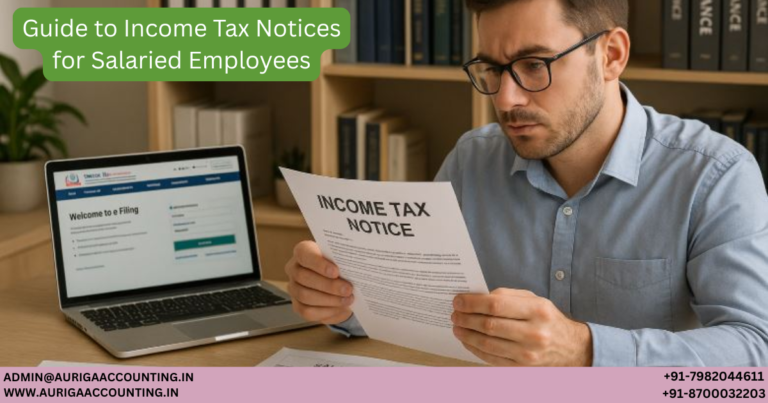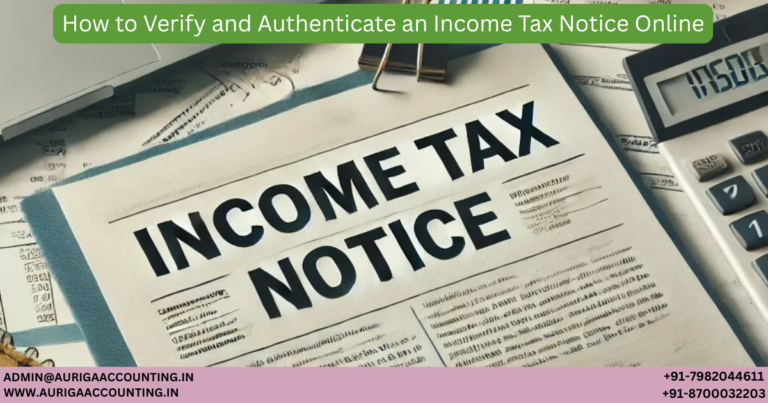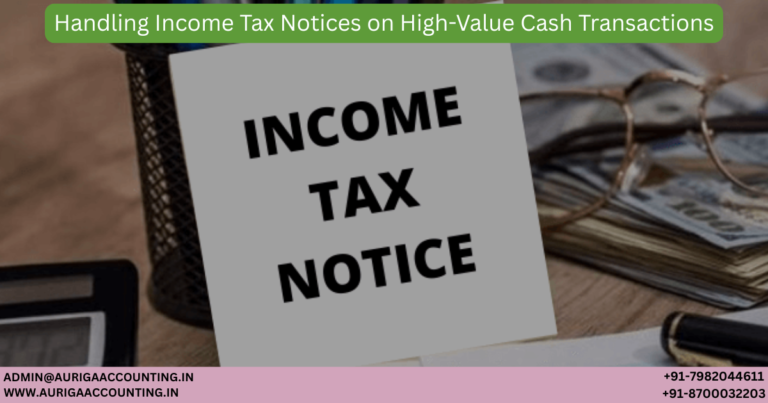The Finance Bill 2025 introduces a significant shift in tax assessment under Chapter XIV-B of the Income-tax Act, 1961, replacing the assessment of total income with a focus on undisclosed income. This change ensures that tax authorities concentrate on identifying income that has not been disclosed, rather than reassessing income that has already been reported. All pending proceedings within the block period will now be included in the block assessment, enabling the Assessing Officer (AO) to determine undisclosed income based on evidence uncovered during a search or requisition, along with other relevant information.
Changes to Section 158BA and Section 158BB
To facilitate this change, Section 158BA has been amended to replace the term “total income” with “total undisclosed income”, providing clarity in tax treatment. Additionally, Section 158BB now distinctly defines disclosed and undisclosed income. The total undisclosed income for a block period will include both the income declared in the block return and the income determined by the AO. However, certain incomes, such as those already assessed under Sections 143, 144, 147, or 153A, will not be considered undisclosed income.
Time Limit for Block Assessments – Section 158BE
The amendment also revises the time limit for completing block assessments under Section 158BE. The assessment must now be completed within 12 months from the end of the quarter in which the last search authorization was executed. If an extension is granted under Section 158BC, the time limit extends to 13 months. This change aims to ensure that block assessments are completed in a more timely manner, reducing uncertainty for taxpayers.
Tax Rate on Undisclosed Income – Section 113
Another important amendment involves Section 113, which now specifies that undisclosed income identified during the block period will be taxed at a 60% rate. This adjustment strengthens tax enforcement by imposing a higher penalty on hidden income, while keeping tax rates for disclosed income unchanged.



